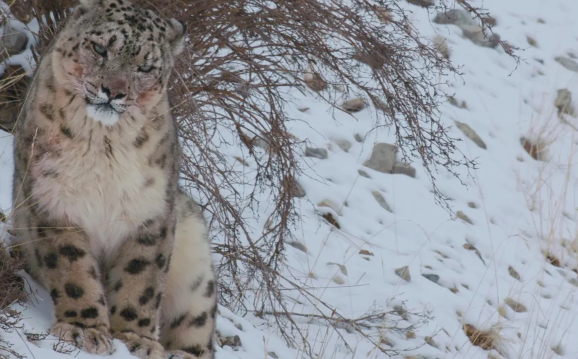
Episode four of Sir David Attenborough’s latest series Mammals is all about the cold.
Thanks to their great ingenuity, combined with a thick fur coat, mammals can survive where no others can, in the cold of the planet’s extreme frozen worlds. See a polar bear learn remarkable new hunting skills and witness the rarely seen caring side of the not so mythical wolverine.
From ice-covered seas to snow-caped mountains, this episode of Mammals takes you to some of the most extreme places on Earth, where some mammals have learnt to survive the cold in often clever ways.
On Svalbard in the Arctic Ocean, polar bears have mastered the cold, able to withstand sub-zero temperatures, ice-cold water and bitter storms. But their world is changing – which means they must change too. For the first time, the team film a polar bear as it ventures away from the coast and into the mountains in a rarely seen long-distance pursuit of reindeer.
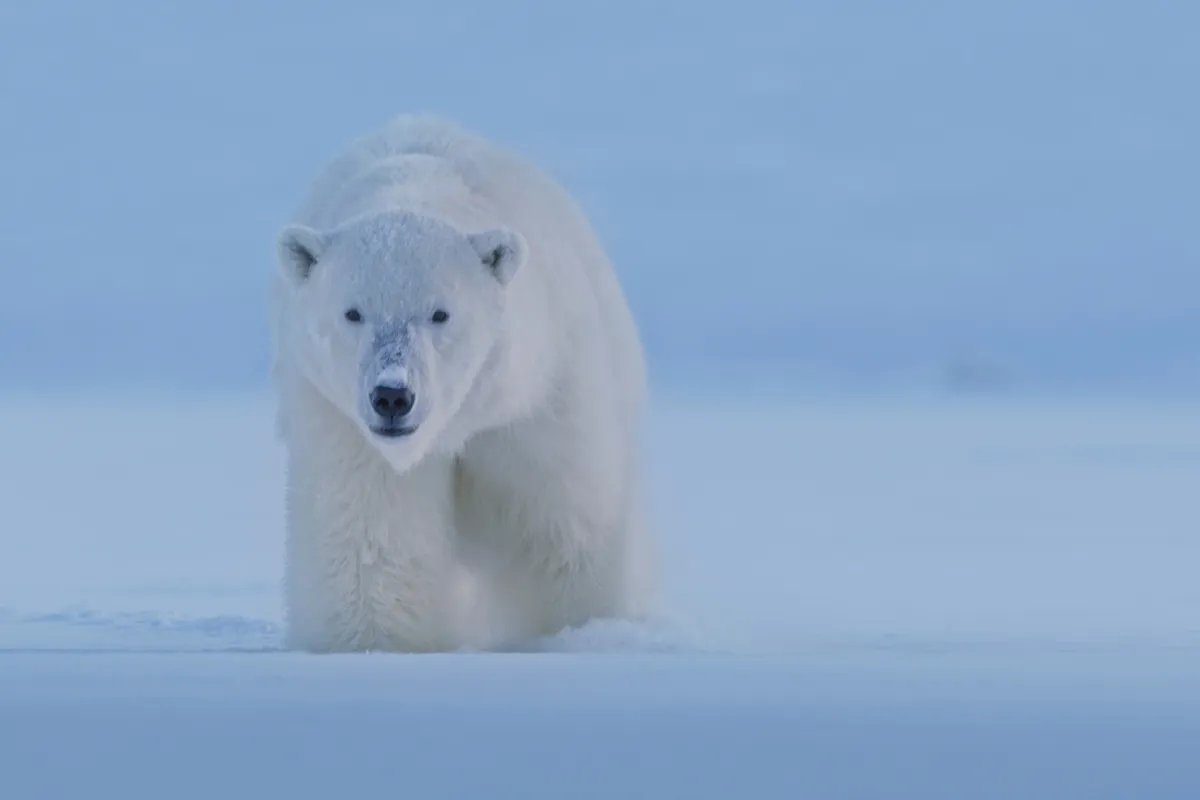
Wolverines are one of the world’s most elusive animals. The Mammals crew journey to Alaska’s northern tundra where they observe the surprisingly caring side of these not so mythical creatures.
In northern Canada a remarkable community of bears have learnt how to fish for salmon late into winter on an unusual ice-free river – one final feast before hibernation.
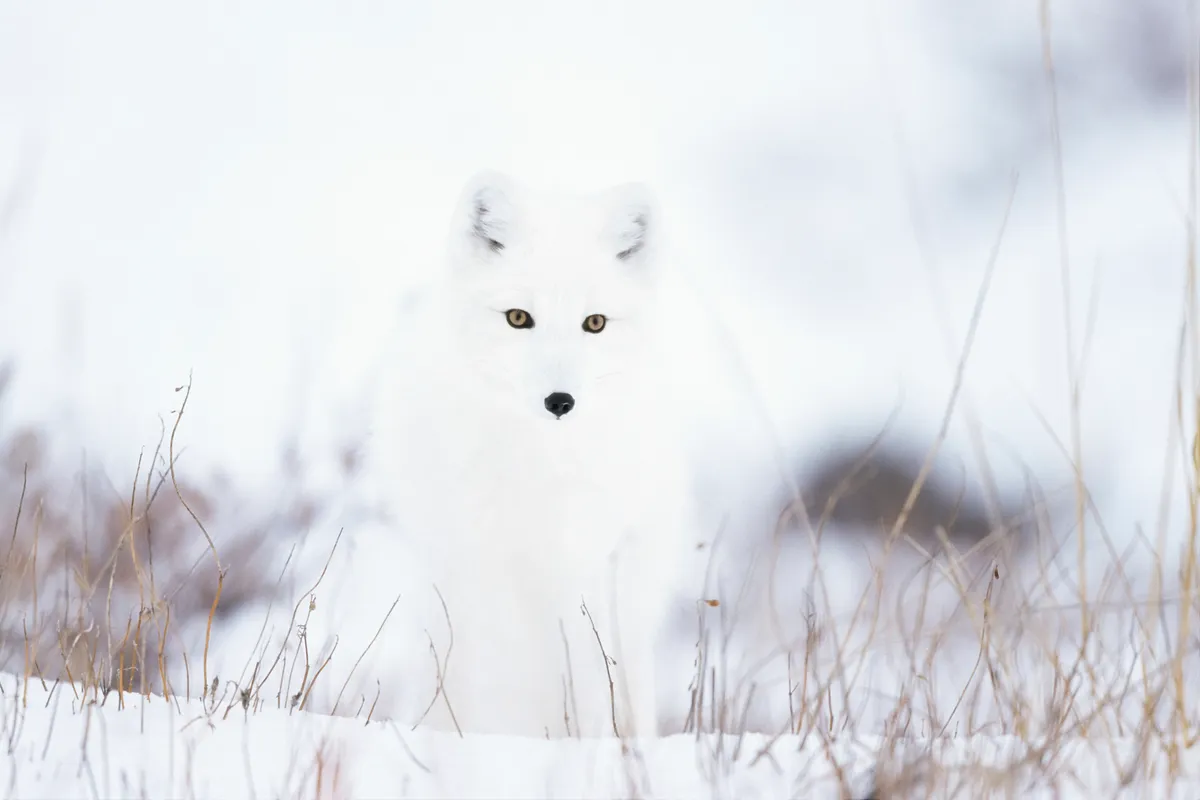
Why endure winter above ground when you can just sleep right through it? Deep underground, hibernating brown bats, with reduced body temperatures and heart rates, are fast asleep. All except one, not-so-sleepy bat, who sees an opportunity.
Bringing new-borns into a world of snow and ice has many challenges, but mammals’ ability to produce fat-rich milk allows harp seal mothers to have one of the shortest weening periods of all. In just 12 days, as the icy nursery melts around them, the mothers race to fatten their pups up before leaving them to fend for themselves.
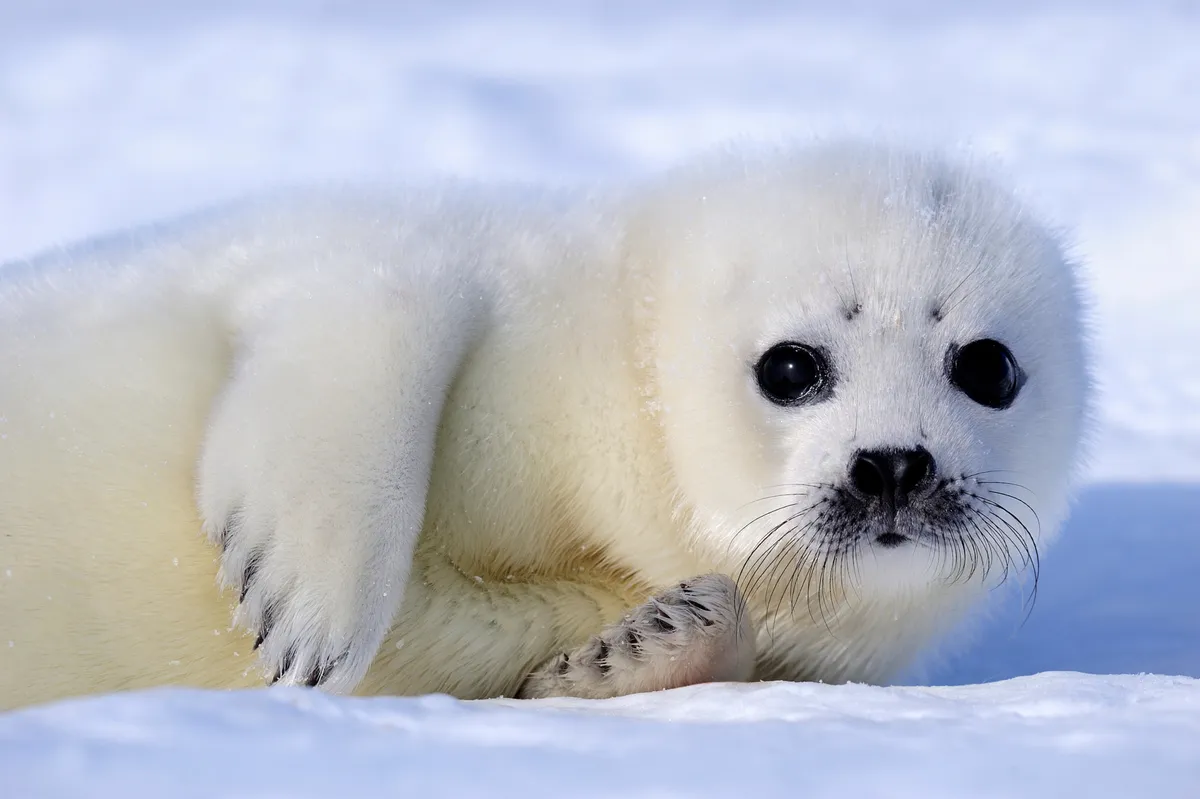
In Canada’s remote Kluane Mountains, pika (a cousin of rabbits) have just a few weeks to harvest a years’ worth of food before almost 10 months without it. But storing all your food in one place can be risky if you can’t trust your neighbour.
In the high mountains of the Qinghai-Tibet Plateau, the air is so thin it struggles to retain any heat at all and is cold all year round. But for snow leopards, that have evolved over millions of years to live here, it is humans that present to greatest test, not the cold.
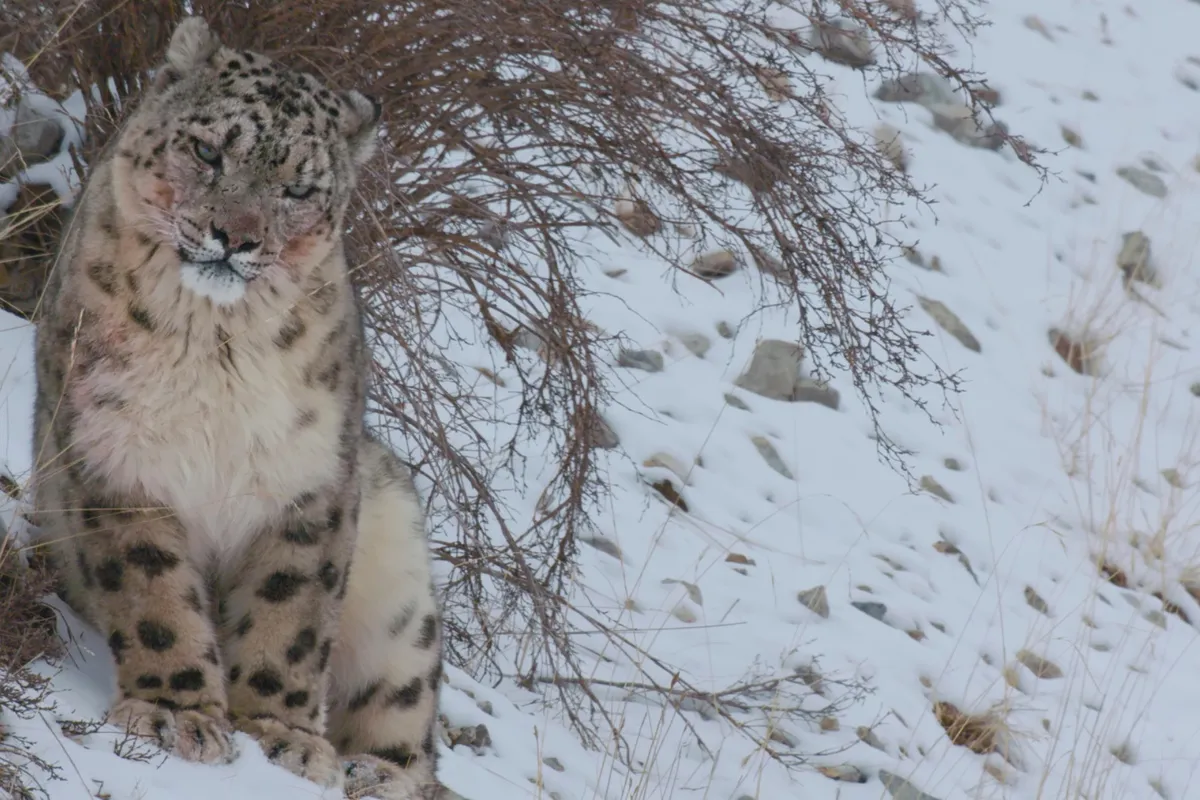
The fourth episode of Mammals will air on BBC One and BBC iPlayer at 7pm on Sunday 21 April. Episodes will be released weekly.
Find out more about Mammals.
Main image: A wolverine mid-stride while traveling over the tundra of northern Alaska. Credit: BBC Studios / Peter Mather










